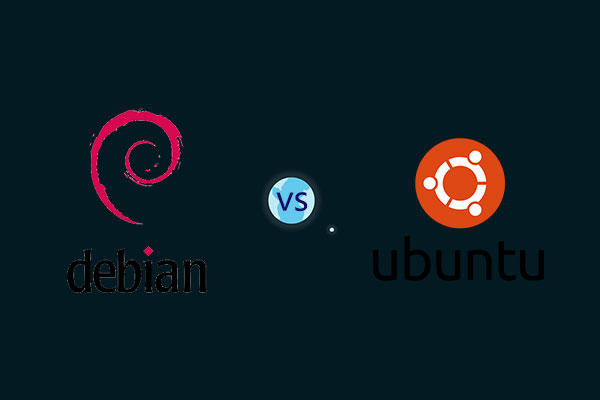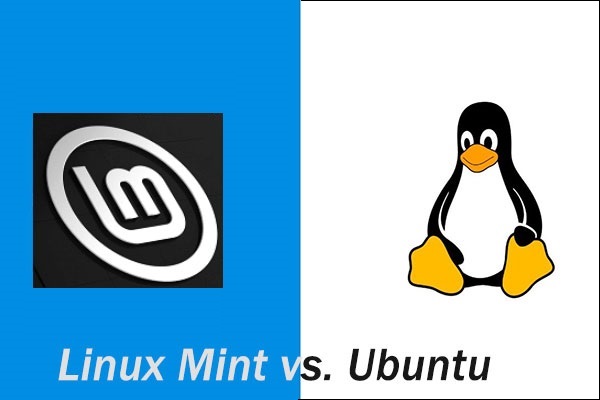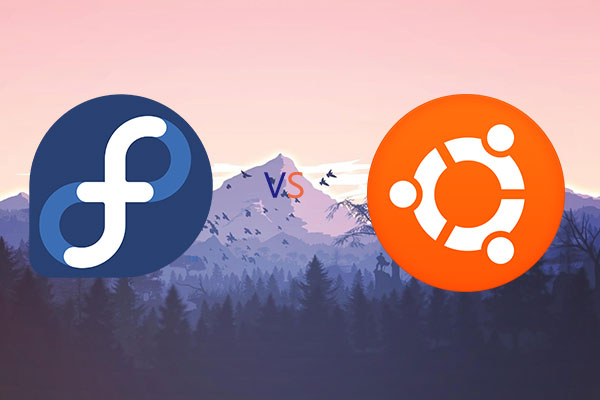Many people may want to know whether they should use Manjaro or Ubuntu. In this post, MiniTool Partition Wizard explains Manjaro vs Ubuntu to you and you can then decide which one to use.
Manjaro vs Ubuntu: Overview
Many people may have heard of Ubuntu. First released on October 20, 2004, Ubuntu is a distro based on Debian that dates back to the early 90s. So far, Ubuntu still one of the most popular distributions and many Linux beginners may choose it as their first Linux distro.
Ubuntu comes with GNOME by default, but it offers other flavors like Lubuntu coming with Lxde/Lxqt desktop, Xubuntu coming with Xfce desktop, and Kubuntu coming with KDE desktop.
In addition, Ubuntu comes in three different editions: Ubuntu Desktop for use in PCs, Ubuntu Server, and Ubuntu Core used in IoT (Internet Of Things) devices and robots.
As for Manjaro, first released on July 10, 2011, it is derived from Arch Linux, a powerful distro that focuses on simplicity and customization. Manjaro provides all Arch Linux features but puts a lot more emphasis on stability, security, accessibility, and overall user-friendliness for newbies getting started with Linux systems.
As for desktop environment, Manjaro offers choices including XFCE, KDE, GNOME, i3, Cinnamon, and more.
Manjaro vs Ubuntu: Release Cycle
Ubuntu issues an interim releases every six months and provides support for only nine months. These interim releases feature the latest updates and features of Ubuntu. In addition, Ubuntu issues new LTS (long term support) releases every two years, and those releases retain support and updates for the next five years.
As for Manjaro, it is a rolling release, which means updates are continuous, and users don’t necessarily need to download a new version of Manjaro every time. As long as you keep your system up to date through the Pacman package manager, you can get the latest version of Manjaro automatically.
There are pros and cons to each release model. Ubuntu release model has fixed release schedule, making users know when to expect upgrades. In addition, its LTS release is very stable, tested, and predictable. But this release model’s disadvantage is that upgrade process is more lengthy and drawn out.
As for rolling release model, it is naturally easier for users to deal with, since “full upgrades” don’t exist and it never takes more than a couple of minutes for your system to be completely up to date. You can have access to more of the latest and greatest tech. But the disadvantage is that the new features may be not as tested and stable as Ubuntu LTS release.
Manjaro vs Ubuntu: Package Managers
Package Manager is a tool used to things like resolving package dependencies, allowing the user to search for a package, etc. Ubuntu uses APT to install software, while Manjaro uses Pacman to install software.
As for repositories, Ubuntu allows you to install custom packages from independent developers through PPAs, while Manjaro has access to the Arch User Repository (AUR). In addition, these extra packages are much easier to maintain and keep track of than a bunch of PPAs on Ubuntu.
Manjaro vs Ubuntu: Customization
Both Manjaro and Ubuntu come with the essential desktop apps you’d expect to find, such as a word processor, internet browser, email client, etc. But Manjaro has less pre-installed software than Ubuntu.
Therefore, Ubuntu is easier to use and highly recommended for beginners, while Manjaro is more customizable and is more suitable for Linux gurus.




User Comments :